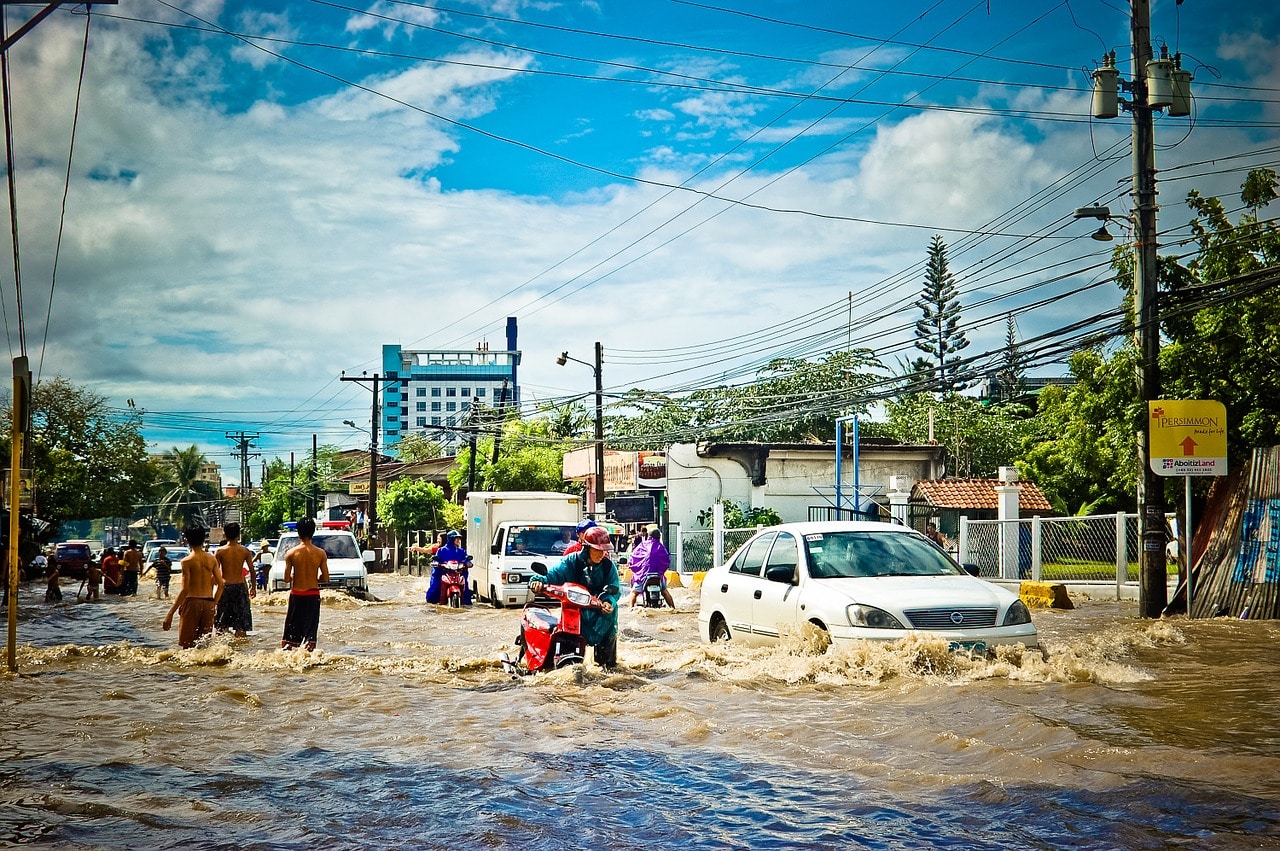A flood can be very distressing, especially when one loses many of one’s goods, if not all of one’s possessions, especially those that cannot be replaced like old photographs or family heirlooms, but if one is not careful, it can also have a detrimental impact on one’s health.
Even while the majority of floods that occur in the first world do not pose nearly as many health risks as floods that occur in the middle of Asia, India, or Africa, there are still a few things that people need to be aware of in regards to flooding and their health.
Even while muddy deposits and marks will be left behind after floods, the likelihood of sewage contamination is typically quite low. Drinking water from a trustworthy source, such as a water cooler, which has either a bottled water cooler or a mains water cooler fitted with a triple action filter to ensure that the water you are drinking is pure, is still the best option. Bottled water coolers and mains water coolers with filters are available.
When you are cleaning, it is imperative that you wear protective clothes such as waterproof gloves and boots. The water that may still be present in your home or on your property may not be very sanitary. After coming into touch with floodwater, sewage, or any other potentially contaminated material, you should make it a point to properly wash your hands with soap and fresh water.
Do not let your children play in places that are flooded; disinfect and wash any toys that may have become contaminated during the storm with clean hot water. Do not let your children play in regions that are flooded. If you are unsure as to whether or not the toys are entirely sanitary, it is best to dispose of them. Be sure to teach your kids how to properly wash their hands with soap and clean water on a regular basis, and instruct them to avoid getting any scrapes or wounds wet with floodwater.
After a week or two, the potentially hazardous bacteria that were present in the yard and the play areas should have been eradicated by the soil and the sunlight. Before putting wet gardening tools back to use, give them a thorough cleaning and disinfection, then let them air dry.
Remove without delay any and all fixtures and furnishings that are damaged beyond the point of repair, and use cleaning chemicals to disinfect any and all hard surfaces.
When it comes to the safety of your drinking water, the local water business that services your area will provide you with information regarding the reliability of its water supply and will offer an alternative source of water in the event that a water treatment facility is damaged by flooding. Water obtained from private supplies needs to be boiled prior to consumption until it can be tested and proven to be safe. Use only the water that comes from a water cooler that has a good filter; not only will it be cooled, but as a bonus, it will also taste excellent. As an alternative, use only the water that comes from a water cooler that has a good filter.






